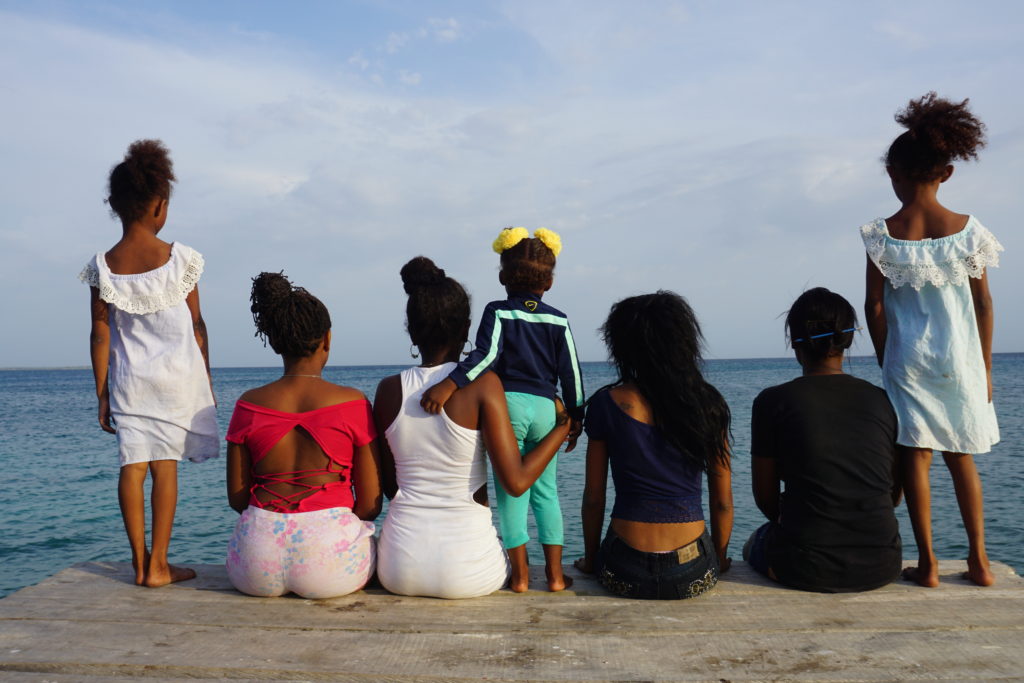
Summer Reflections Series: Sustainable Settlements for Peace
As Berta Cáceres Fellow, Ricardo Velasco documented the development of Sustainable Settlements for Peace, a program developed by the organization CASA (Council for Sustainable Settlements of Latin America) and the Foundation Mentes en Transicion in Isla Grande, Islas del Rosario and in Filandia, Department of Quindío, Colombia. Through action-based and transformative education projects, and in dialogue with local knowledges, Sustainable Settlements for Peace aims to accompany and support historically marginalized communities in their achievment of their goals of autonomy and sustainable development, and to contribute to the construction of peace in rural Colombia by recovering local traditional knowledges and sharing practical skills for sustainability and peaceful coexistence. In Isla Grande, the program has been implemented in collaboration with the Local Council of Black Communities through different pedagogical and community engagement processes that include agroecology and conflict resolutions workshops, as well as organizational efforts for improving the eco-tourism economy developed by local families. This local economy has been intrinsically linked with ongoing struggles for territorial autonomy in a context of state neglect. In Filandia the program has partenered with the Peasant Organization ANUC to accompany local coffee producers as they make an holistic transition into organic productive models that consider the social and cultural aspects of sustainability. The program also supports organizational efforts that have been disrupted within a context of stigmatization against local social leaders.
Ricardo’s research documents the differential impact Sustainable Settlements for Peace is having within the communities and how the program mobilizes the potential of local human and natural resources, and the opportunities opened by the transitional justice conjuncture. He explores the potential of the initiative for revitalizing community ties and producing new articulations of social and human rights mobilizations among ethnic minorities and marginalized groups to promote inclusion, social and environmental justice. At the same time, his work also includes teaching basic documentation techniques to youth leaders within these communities so that they can share and learn from their own experiences, recover local traditional knowledges, and have better communication strategies by leveraging the potential of new media.

